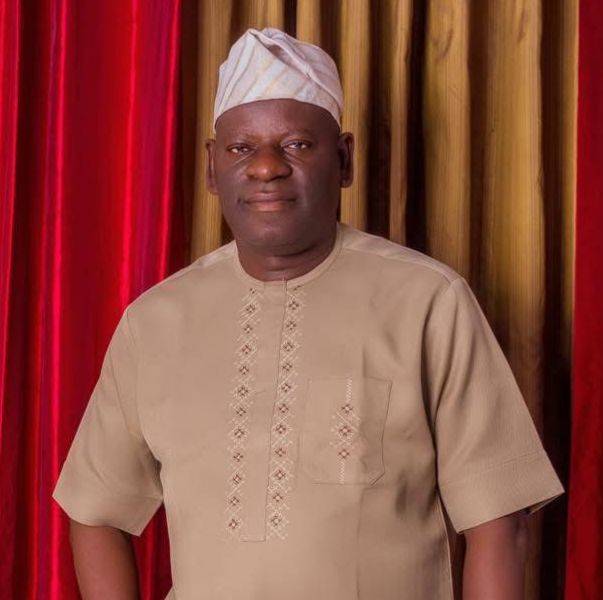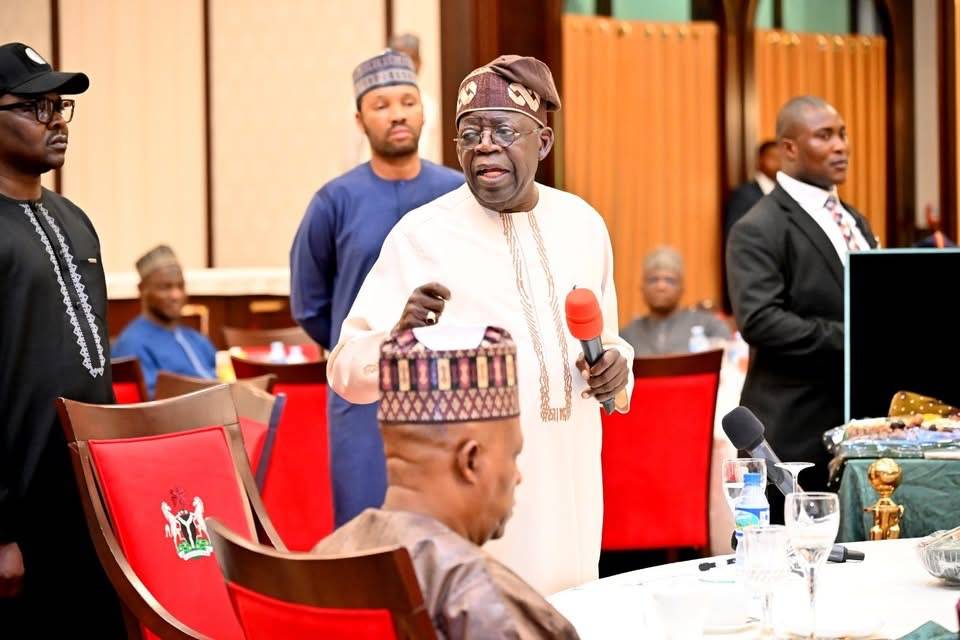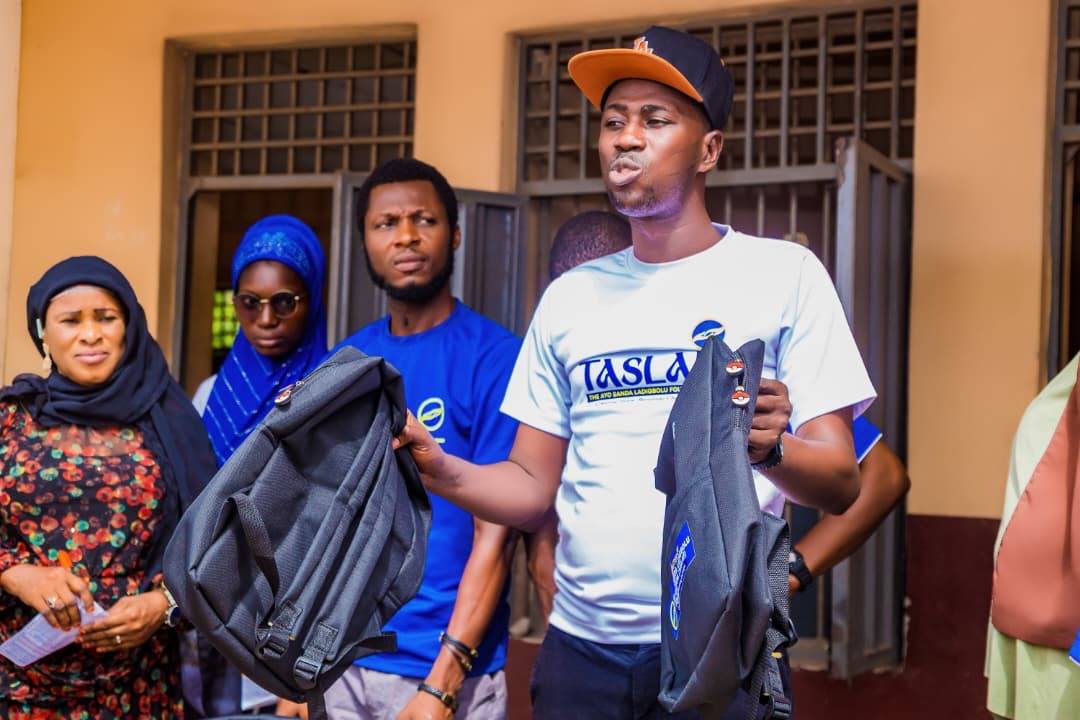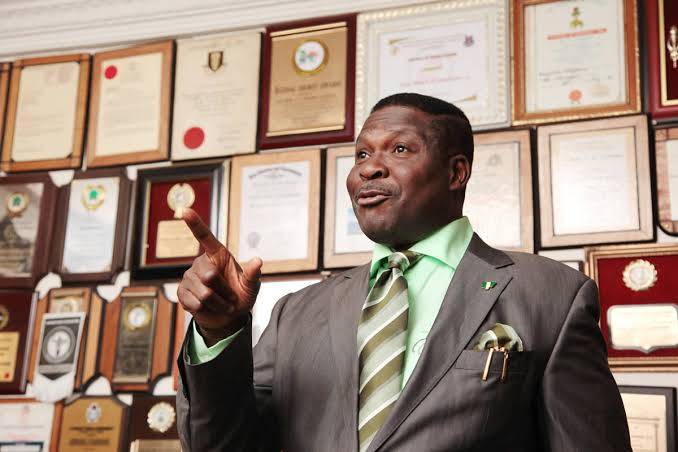Officials have no idea how common first-cousin marriages are in the UK – because no-one has to keep track.
Although it is illegal to marry your brother or sister, wedlock between cousins is still allowed.
It means councils, who must legally register every marriage, don’t track the scale of the issue.
In Bradford, where cousin relationships are very common among the city’s Pakistani community, council chiefs admitted that the exact proportion of marriages which are consanguineous is ‘not known’.
In response to MailOnline’s Freedom of Information request, it said: ‘This information is not required to be recorded.’
None of the nearly 240 councils which responded to our probe kept hold of the data. Two refused to answer.
Tories are pushing to ban the ‘revolting’ practice.
Evidence suggests inbreeding heightens the risk of birth defects and developmental delays, such as learning and speech problems.
Children of first cousins are also estimated to have a 6 per cent chance of inheriting some genetic disorders, such as cystic fibrosis.
For comparison, that is double the risk children of unrelated parents face.
Doctors say this is because closely-related parents are more likely to carry the same faulty genes that trigger the illnesses.
Cousin marriage was once common among Britain’s upper classes. Historically it was seen as a way of firming up alliances and keeping wealth and land in the family.
Just one per cent of white British couples are first cousins, experts estimate.
For comparison, the figure was discovered to be around 37 per cent among couples of Pakistani heritage living in Bradford a decade ago. The rate is understood to have since dropped.
Despite falling out of fashion, the practice is still common in some communities, such as travellers.
Queen Victoria and Prince Albert were first cousins, sharing a set of grandparents.
Incest – sexual intercourse between immediate relatives – is illegal in the UK, even if consensual. Anyone caught can be jailed for up to seven years.
Marriages between certain blood relatives, including with half-siblings, is also illegal.
Independent MP Iqbal Mohamed drew huge flak last year for defending cousin marriage.
In response to Tory MP Richard Holden proposing the bill to outlaw the practice entirely, Mr Mohamed bemoaned the ‘stigmatising’ of those in cousin marriages.
Mr Mohamed, representing Dewsbury and Batley, said it can be seen as ‘very positive’ in some communities.
Instead of banning it outright, he said a ‘more positive approach’ involving advanced genetic tests for prospective married cousins would be more effective in addressing issues around it.
Labour at the time refused to back moves to ban first-cousin marriages.
One of Britain’s foremost experts on child health also defended the right for first cousins to marry, dismissing concerns about inbreeding.
Professor Dominic Wilkinson, an NHS neonatologist and ethics expert at the University of Oxford, argued a ban would be ‘unethical’.
Instead, Professor Wilkinson backed calls for such couples to be offered special screening on the NHS to help them decide if they should have children.
Such tests can cost £1,200 privately. They are designed to spot whether prospective parents are carriers for the same genetic conditions, such as cystic fibrosis and spinal muscular atrophy.
From there such couples could then decide on if they should have children together, adopt or use reproductive technologies like in vitro fertilization (IVF).
Estimates on the prevalence of consanguineous marriage (between blood relatives) vary around the world.
Studies have put Pakistan as having one of the highest rates globally at 65 per cent of unions.
This is followed by India (55 per cent), Saudi Arabia (50 per cent), Afghanistan (40 per cent), Iran (30 per cent) and Egypt and Turkey (20 per cent each).
It comes after a study tracking cousin relationships in Bradford revealed they are no longer a ‘majority’ among the city’s female Pakistani community.
A decade ago, a Government-funded surveillance project found that 62 per cent of Pakistani heritage women were in consanguineous relationships.
This figure has since dropped to 46 per cent.
Dr John Wright, chief investigator of the Born in Bradford project, said it has gone from a ‘majority activity to now being just about a minority activity’.
He told the BBC: ‘The effect will be fewer children with congenital anomalies.’
The study itself, it was said, may indicate that the numbers of Pakistani people marrying cousins across the UK as a whole is also falling.
Reasons behind the fall are thought to include high educational attainment, stricter immigration rules and changes in family dynamics.
Daily Mail UK












